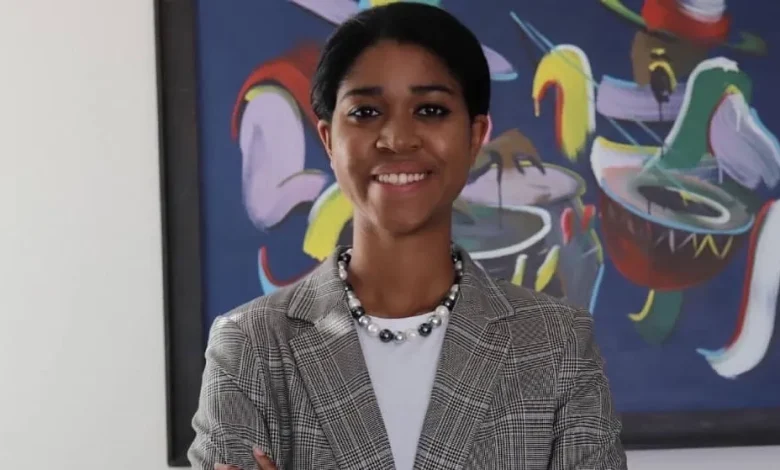22-Year-Old Nigerian, Zuriel Oduwole Nominated For Nobel Peace Prize 2025

Zuriel Oduwole, an advocate for peace, education, and gender equality, has been nominated for the 2025 Nobel Peace Prize.
At just 22, she has actively engaged in global diplomatic efforts, influencing discussions on education and peace, working to create opportunities for marginalised communities and promote meaningful change.
Her nomination recognises her efforts and reflects Nigeria’s growing influence on the global stage.
Born in Los Angeles to Nigerian grandparents, Miss Oduwole has engaged with over 35 world leaders, including presidents and prime ministers, to discuss policy and development issues. Her efforts focus on improving education access for marginalised communities and promoting systemic change.
At 13, Miss Oduwole mediated a territorial dispute between Guyana and Venezuela, meeting with then-President David Granger at the United Nations to emphasise the importance of peaceful dialogue. In 2020, she consulted with Egyptian President, Abdel Fattah El-Sisi on global peace strategies during the Arab blockade of Qatar, which concluded peacefully in 2021.
Miss Oduwole’s advocacy for education, which she views as fundamental to both development and stability, has been central to her mission from an early age.
In 2017, at just 14, she met with then US Secretary of State, John Kerry at the State Department to push for ‘reward-based’ education programmes in developing nations, particularly to improve school retention for girls.
This engagement with US leadership reinforced her global efforts to promote education as a driver of peace and opportunity.
In 2022, Miss Oduwole received the 8th UN Secretary-General Ban Ki-moon Leadership Award in New York, recognising her decade-long mediation efforts and advocacy for gender parity. Her involvement was instrumental in ending
child marriage in Mozambique in 2019, following discussions with President Filipe
Nyus.
Miss Oduwole’s commitment to education began at nine when she observed young girls in Accra selling goods instead of attending school. This experience inspired her to use documentary filmmaking to raise awareness about educational barriers.
In 2013, she founded “Dream Up, Speak Up, Stand Up” (DUSUSU) to empower youth, especially girls, to advocate for education and leadership opportunities. The initiative has reached young people across Africa and the Caribbean, providing tools to promote gender equality.
Upon learning of her Nobel Peace Prize nomination, Miss Oduwole expressed humility and surprise. “I have never sought recognition, only to speak up where it’s needed,” she said. “This honour reflects the urgent need to invest in young voices as agents of change.”
The Nobel Peace Prize, one of the world’s most esteemed honours, acknowledges individuals and organisations that have made significant contributions to peace and human rights.
Past recipients include Nelson Mandela, former US Presidents Jimmy Carter and Barack Obama, Kenyan environmentalist Wangari Maathai, and former UN Secretary-General Kofi
Annan.
The Norwegian Nobel Committee will announce the 2025 laureate later this year. Regardless of the outcome, Miss Oduwole’s nomination underscores the growing impact of youth advocacy in global policy and sustainable peace efforts.






